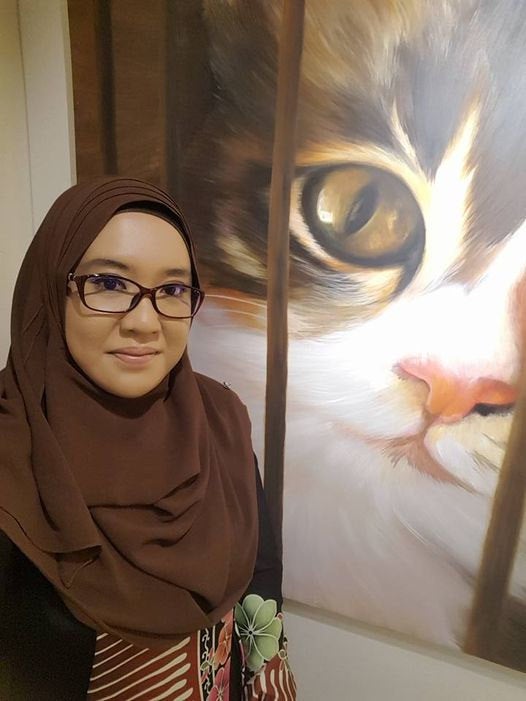A librarian is an information professional trained in library and information science, which is the organization and management of information services or materials for those with information needs. Typically, librarians work in a public or college library, an elementary or secondary school media center, a library within a business or company, or another information-provision agency. Some librarians are independent entrepreneurs working as information specialists, catalogers, indexers and other professional, specialized capacities. Librarians may be categorized as a public, school, correctional, special, independent or academic librarian.
Traditionally, librarians have been associated with collections of books, as demonstrated by the etymology of the word "librarian" (Latin liber, 'book'). However, modern librarians deal with information in many formats, including books, magazines, newspapers, audio recordings (both musical and spoken-word), video recordings, maps, manuscripts, photographs and other graphic material, bibliographic databases, and digital resources. Librarians often provide other information services, including computer provision and training, coordination of public programs, basic literacy education, assistive equipment for people with disabilities, and help with finding and using community resources.
Specific duties vary depending on the size and type of library. Olivia Crosby described librarians as "Information experts in the information age". Most librarians spend their time working in one of the following areas of a library:
- Public service librarians work with the public, frequently at the reference desk of lending libraries. Some specialize in serving adults or children. Children's librarians provide appropriate material for children at all age levels, include pre-readers, conduct specialized programs and work with the children (and often their parents) to help foster interest and competence in the young reader. (In larger libraries, some specialize in teen services, periodicals , or other special collections.)
- Reference or research librarians help people doing research to find the information they need, through a structured conversation called a reference interview. The help may take the form of research on a specific question, providing direction on the use of databases and other electronic information resources; obtaining specialized materials from other sources; or providing access to and care of delicate or expensive materials. These services are sometimes provided by other library staff that have been given a certain amount of special training; some have criticized this trend.
- Technical service librarians work "behind the scenes" ordering library materials and database subscriptions, computers and other equipment, and supervise the cataloging and physical processing of new materials.
- Collections development librarians monitor the selection of books and electronic resources. Large libraries often use approval plans, which involve the librarian for a specific subject creating a profile that allows publishers to send relevant books to the library without any additional vetting. Librarians can then see those books when they arrive and decide if they will become part of the collection or not. All collections librarians also have a certain amount of funding to allow them to purchase books and materials that don't arrive via approval.
- Archivists can be specialized librarians who deal with archival materials, such as manuscripts, documents and records, though this varies from country to country, and there are other routes to the archival profession.
- Systems Librarians develop, troubleshoot and maintain library systems, including the library catalog and related systems.
- Electronic Resources Librarians manage the databases that libraries license from third-party vendors.
- School Librarians work in school libraries and perform duties as teachers, information technology specialists, and advocates for literacy.
- Outreach Librarians are charged with providing library and information services for underrepresented groups, such as people with disabilities, low income neighborhoods, homebound adults and seniors, incarcerated and ex-offenders, and homeless and rural communities. In academic libraries, outreach librarians might focus on high school students, transfer students, first-generation college students, and minorities.
- Instruction Librarians teach information literacy skills in face-to-face classes and/or through the creation of online learning objects. They instruct library users on how to find, evaluate and use information effectively. They are most common in academic libraries.
Experienced librarians may take administrative positions such as library or information center director. Similar to the management of any other organization, they are concerned with the long-term planning of the library, and its relationship with its parent organization (the city or county for a public library, the college/university for an academic library, or the organization served by a special library). In smaller or specialized libraries, librarians typically perform a wide range of the different duties.
Source: Wikipedia




